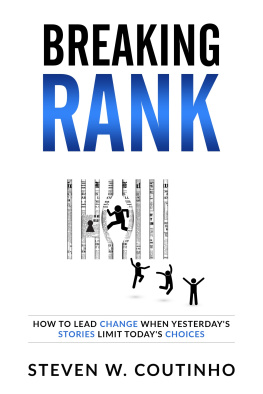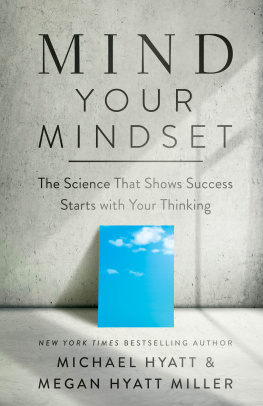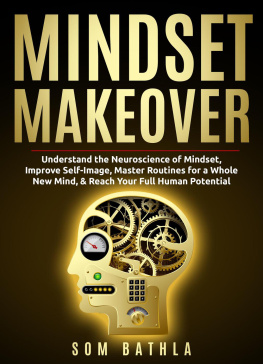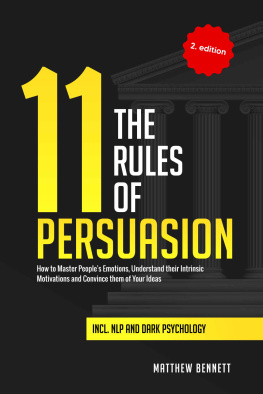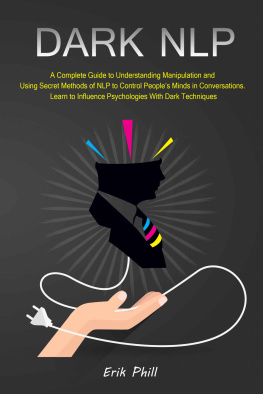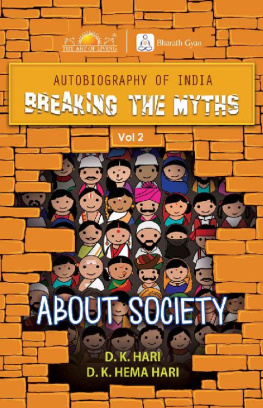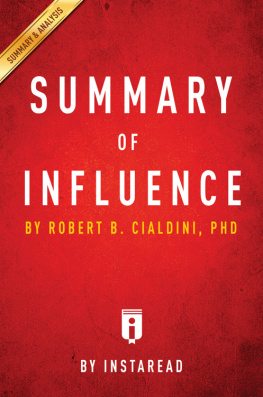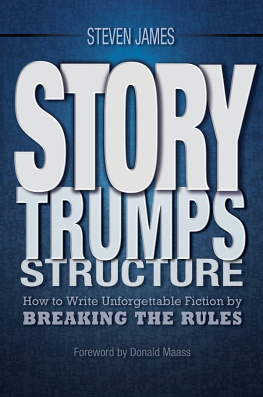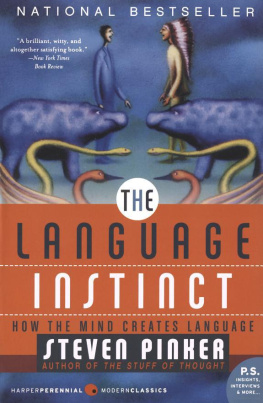Steven Coutinho - Breaking Rank
Here you can read online Steven Coutinho - Breaking Rank full text of the book (entire story) in english for free. Download pdf and epub, get meaning, cover and reviews about this ebook. year: 2018, publisher: Steven Coutinho, genre: Religion. Description of the work, (preface) as well as reviews are available. Best literature library LitArk.com created for fans of good reading and offers a wide selection of genres:
Romance novel
Science fiction
Adventure
Detective
Science
History
Home and family
Prose
Art
Politics
Computer
Non-fiction
Religion
Business
Children
Humor
Choose a favorite category and find really read worthwhile books. Enjoy immersion in the world of imagination, feel the emotions of the characters or learn something new for yourself, make an fascinating discovery.
- Book:Breaking Rank
- Author:
- Publisher:Steven Coutinho
- Genre:
- Year:2018
- Rating:3 / 5
- Favourites:Add to favourites
- Your mark:
Breaking Rank: summary, description and annotation
We offer to read an annotation, description, summary or preface (depends on what the author of the book "Breaking Rank" wrote himself). If you haven't found the necessary information about the book — write in the comments, we will try to find it.
There is only one thing that holds people and nations back. Its a story that explains who they are and what they can and cannot do. Breaking Rank helps you to understand the mind and unlock peoples true potential.
Summary:
How can you motivate people and empower them to make better choices, when stories about their social rank have imprisoned their minds? How can peoples mindset not only negatively influence their own well-being and wealth, but also that of an entire society? This book provides a fresh perspective on the answers, as well as the tools to change that mindset. Steven Coutinho takes you on a fascinating journey into how the mind has evolved, how it is shaped by society and how it shapes society in turn. You will learn why some people think they cant, while others are convinced they can, how the story of color has stagnated post-colonial economies, and the story of capitalism has kept the West unequal.
Whether you are simply interested in understanding behavior, or are a parent, teacher or manager ready to lead change, Breaking Rank is bound to shift and sharpen your perspective. You will never look at your own behavior or the behavior of others the same way again.
Ten things you will learn from reading this book:
THE ORIGIN OF STORIES
# 1. The evolutionary origins of human emotions and thoughts. Youll learn why for example some people feel scared or demotivated, and why others think they cant.
# 2. The historic origins of prejudice and how European colonizers used the story of color to rank people in the colonies. Youll also learn how the story of color is similar to the story of capitalism.
# 3. How behaviors are shaped by situations and the stories that describe peoples role in those situations.
THE MAKING OF CHOICES
# 4. An alternative approach to decision making based on evolutionary psychology and the latest insights from neuroscience.
# 5. How the stories that have shaped postcolonial societies have led to similar economic choice patterns and continue to stagnate economic growth.
# 6. How the stories of capitalism keep people anxiously occupied and have led to economic inequality.
THE ROAD TO CHANGE
# 7. How mindfulness strengthens specific brain areas that increase emotional self-control and lead to improved decision making.
# 8. How education can be reformed by helping children understand WHO they are, WHAT they can do, and HOW they can do it.
# 9. How to motivate and empower people in organizations by changing the perceptions they have about themselves, their level of control and their skills.
# 10. How to discover the potential you already are...
Steven Coutinho: author's other books
Who wrote Breaking Rank? Find out the surname, the name of the author of the book and a list of all author's works by series.

